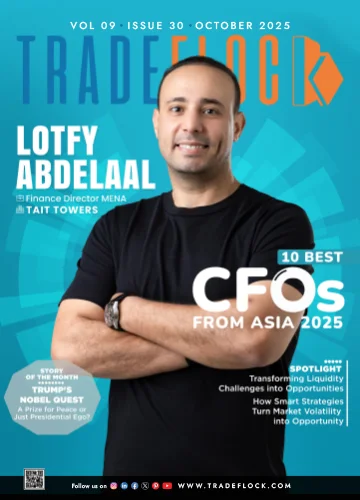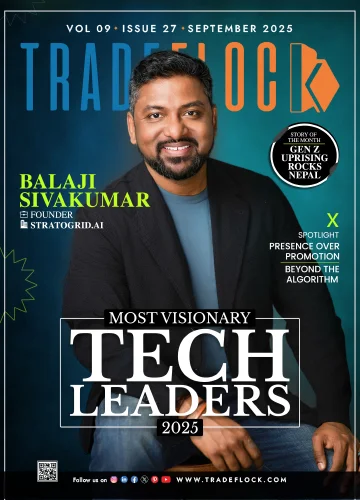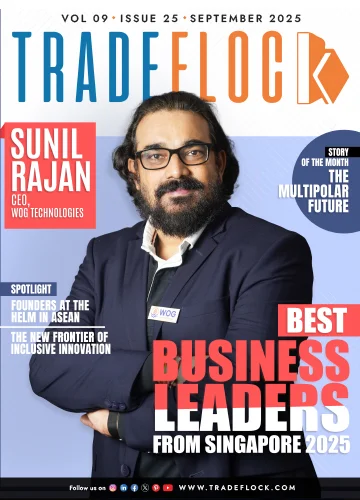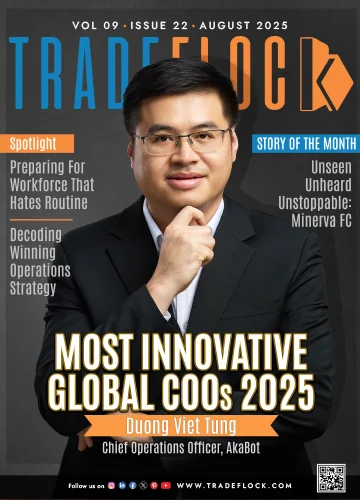
Dinesh Arjun
Co-Founder and CEO, Raptee.HVDinesh is an engineer and innovator passionate about building smarter, more sustainable mobility solutions. With leadership experience at Dino Motorcycles, Broaching India, and global exposure at Tesla, he identified a critical gap in India’s EV market, high-performance solutions for the 70% of vehicles that are motorcycles. Through Raptee, he is pioneering India’s first high-voltage electric motorcycles, engineered for local roads, rider habits, and infrastructure, aiming to make EVs the natural choice for two-wheeler mobility.
In recent years, there has been a surge in electric vehicle startups across India, especially in metropolitan and Tier 2 cities. While this growth brings a lot of excitement, it also highlights an important concern: many companies are rushing to launch and expand without a strong foundation.
For customers, this often results in incomplete products, delayed service, or disappointing long-term performance. Vehicles are introduced with great fanfare, but when issues start appearing just months after purchase, reality sets in. What’s really missing is not technology, but the time and thought required to deliver a truly reliable experience.
Much of this comes down to how these products are built. Many companies are in a race, not just to win customer attention, but to meet stakeholder expectations quickly. In that process, the customer sometimes stops being the focus. Products are rolled out without enough real-world testing. Vendor support may be weak, and there isn’t enough planning for after-sales or service infrastructure. What looks like rapid progress on the outside is often the result of compromises behind the scenes.
When even a few brands deliver a poor experience, it affects how people perceive electric vehicles as a whole. Customers begin to question the dependability of EVs- not just of one brand, but of the entire category. This hurts both trust and adoption.
But not all companies follow this approach.
Some take a more careful and thoughtful path. These are brands that invest years into R&D before going public with a product. They design and develop critical components like the motor, battery, software, and even chargers in-house. This allows for better integration and long-term control. Their teams spend time on testing, collecting performance data, and refining every detail.
Just as crucial is their ability to think like customers. They ask the right questions: Is the vehicle dependable over time? Can it be serviced easily? Is it future-ready? Will it hold up in different real-world conditions? These questions guide their choices, even if that means taking longer to reach the market.
Equally important is financial discipline at the core. Most EV startups are backed by investors, and while they must deliver a product, they also need to ensure proper financial structuring. Sound due diligence and sustainable business models are crucial not just for operational longevity, but for customer confidence.
For customers investing in a new brand, the assurance of a long-term vision matters. That’s why financial sustainability is just as important as product innovation.
Their belief is simple – launching fast is not the goal. Launching right is.
This deliberate approach builds trust. It also ensures that when customers buy, they get not just a vehicle, but a complete ownership experience. Service centers are ready, support is responsive, and every feature works the way it’s supposed to.
The future of electric mobility in India depends on companies that think long-term. Innovation is not just in the product, but in how the customer is treated after the purchase. Listening to feedback, improving constantly, and putting the rider first, these are the values that will define lasting brands.














